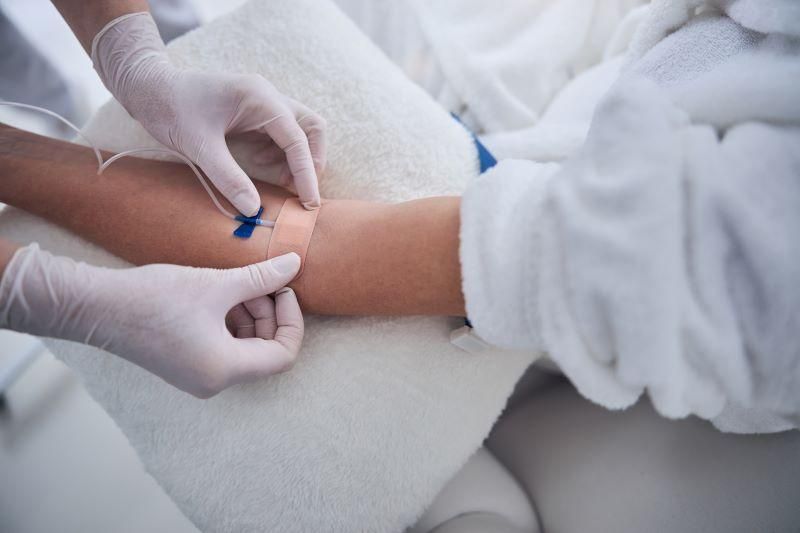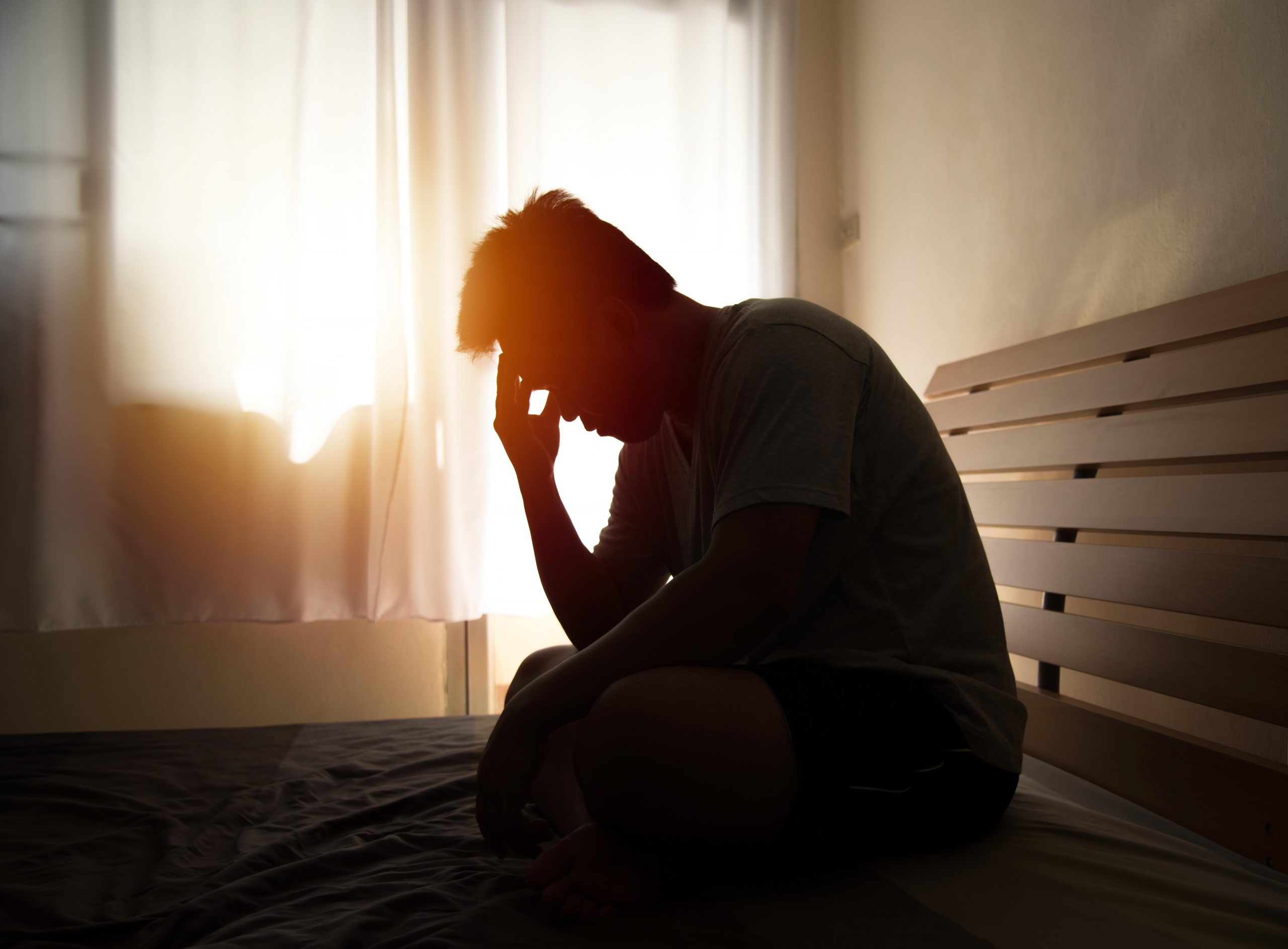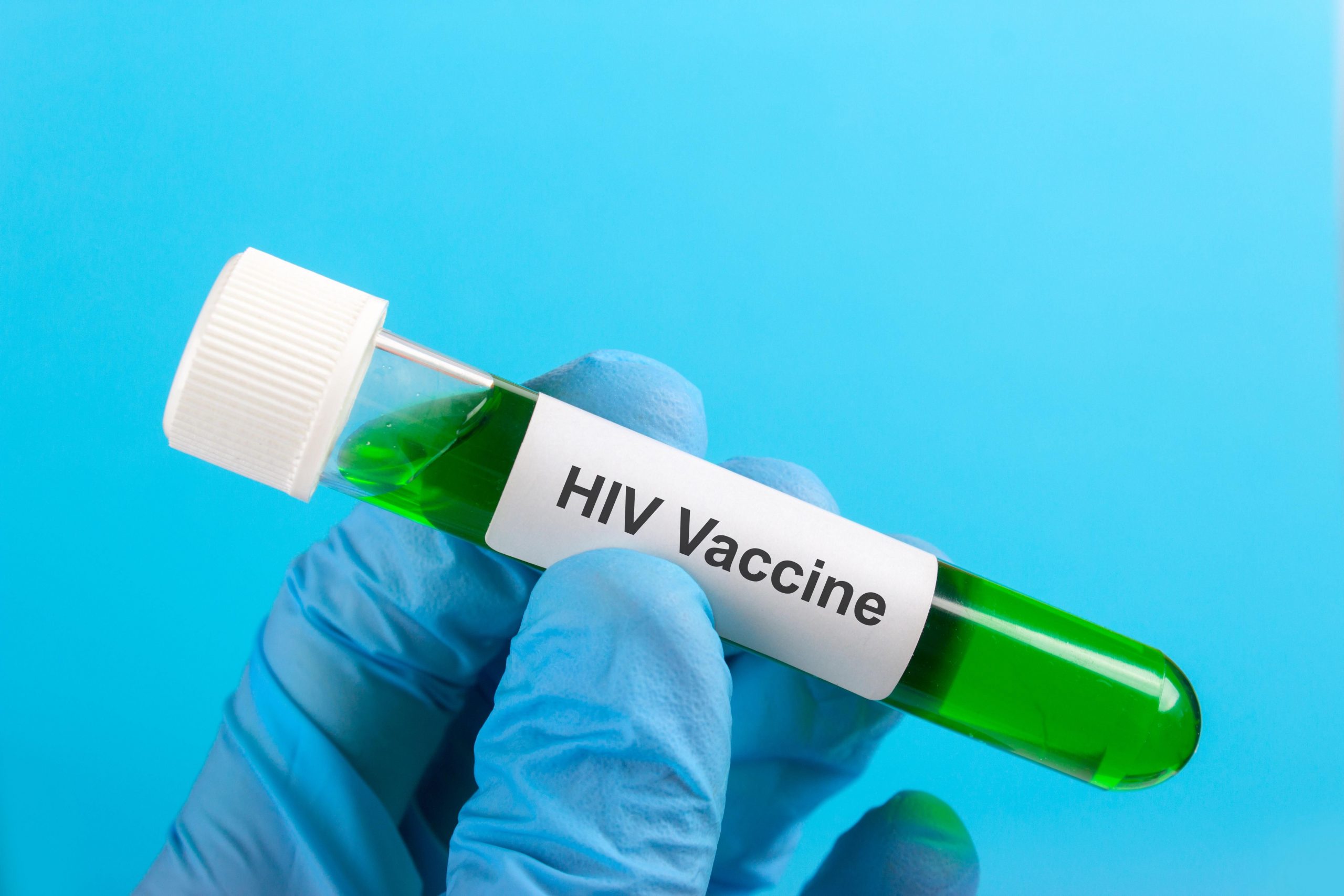
Many people undergo a stool test to screen for colon cancer but a new study finds too few follow up with a colonoscopy when that test warns of a possible cancer. Not following up undermines the point of screening, said study-co-author Jeff Mohl, director of research and analytics for the American Medical Group Association, a… read on > read on >






























